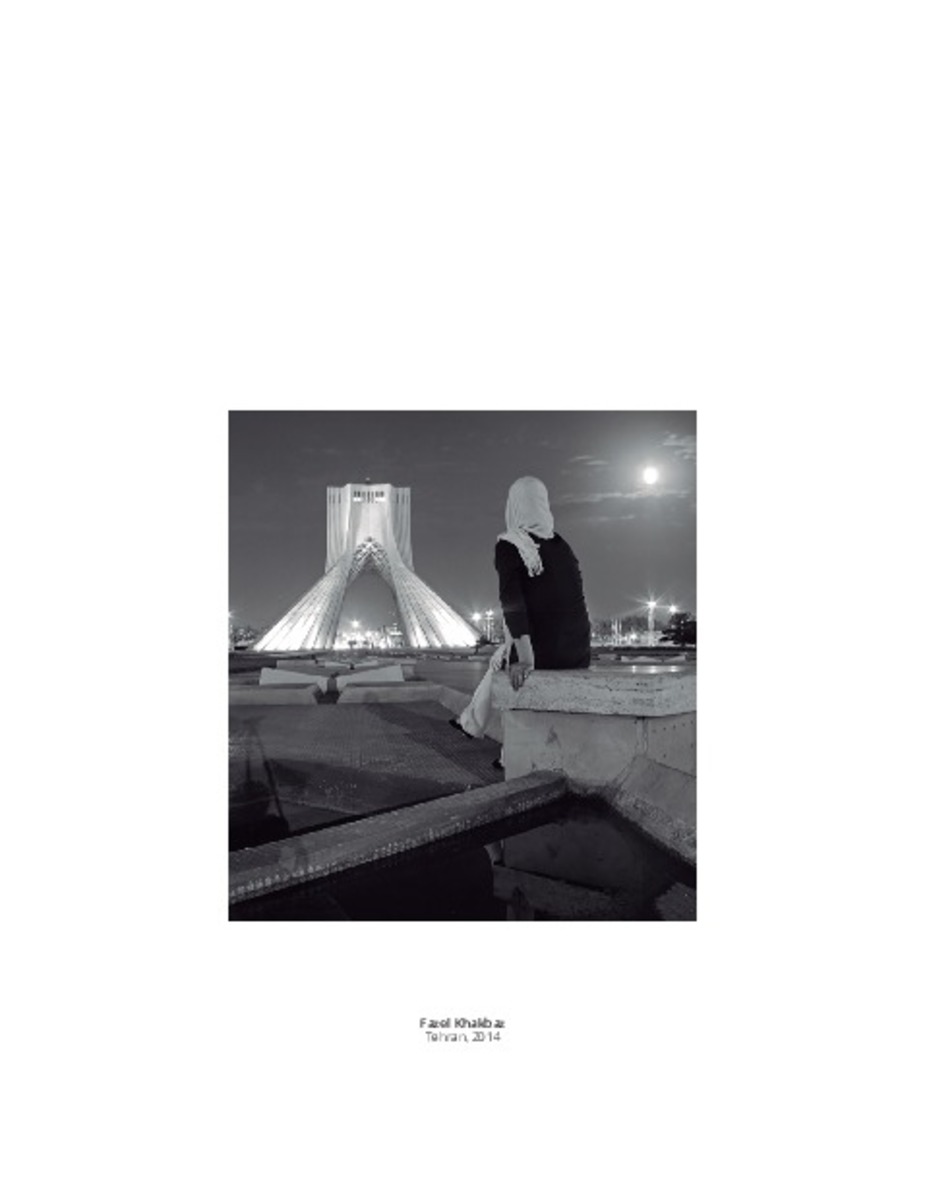Full metadata record
| DC Field | Value | Language |
|---|---|---|
| dc.creator | Kakhi, N. (Niloofar) | - |
| dc.date.accessioned | 2016-11-30T12:48:27Z | - |
| dc.date.available | 2016-11-30T12:48:27Z | - |
| dc.date.issued | 2016 | - |
| dc.identifier.citation | Kakhi, N., (2016) ""The Monument, its images and histories"" En: Alcolea, R.A, Tárrago-Mingo, J., (eds.), Congreso internacional: Inter photo arch ""Interferencias"", celebrado en Pamplona, los días 2 al 4 de Noviembre de 2016, (pp. 132-141) | es_ES |
| dc.identifier.isbn | 978-848081-519-2 | - |
| dc.identifier.uri | https://hdl.handle.net/10171/42419 | - |
| dc.description.abstract | Architectural representations of national identities are often monumental buildings that similar to the national ideologies they support are essentially ‘constructed from above’. These monuments are constructed by the states in order to represent the official understanding of nationalism to the public. In 1971 and on the occasion of the celebration of the 2500th Anniversary of Persian Empire, a memorial building –Shahyad e Aryamehr– was erected in Tehran. Yet, Shahayad with its specifically calculated design and most carefully selected visual references, hardly managed to represent the event or the idea of a glorious past for that matter. Far from the idea of Mohammad Reza Shah Pahlavi, the king of Iran at the time, the monument constantly managed to represent the ‘present’ conditions of the country, and since its erection in Tehran, it has constantly been associated with a variety of often contradictory ideas: frustration vs. hope, freedom vs. constraint and revolution vs. stability. All these meaning has been associated with Shahyad in different episodes of modern history of Iran until today. This history could not have been narrated through Shahyad’s architecture and the visual appearance of the building, but only through its photographs. As part of an ongoing research, this paper will focus on how the photographs taken from a monumental building can represent a far more sophisticated and detailed historical narrative than the architecture of the building itself. It will analyse the photographs of Shahyad, published in the leading press as the representative of the most critical episodes of modern history of Iran until today and unfolds how the meanings that Shahyad was associated to, has changed during the last 45 years. Focusing on its popular images in the social media it questions what people really see when the look at Shahyad. | es_ES |
| dc.language.iso | eng | es_ES |
| dc.publisher | Servicio de Publicaciones Universidad de Navarra | es_ES |
| dc.rights | info:eu-repo/semantics/openAccess | es_ES |
| dc.subject | Materias Investigacion::Arquitectura | es_ES |
| dc.subject | National monuments | es_ES |
| dc.subject | Published images | es_ES |
| dc.subject | Social media | es_ES |
| dc.title | The Monument, its images and histories | es_ES |
| dc.type | info:eu-repo/semantics/article | es_ES |
Files in This Item:
Statistics and impact
Items in Dadun are protected by copyright, with all rights reserved, unless otherwise indicated.






